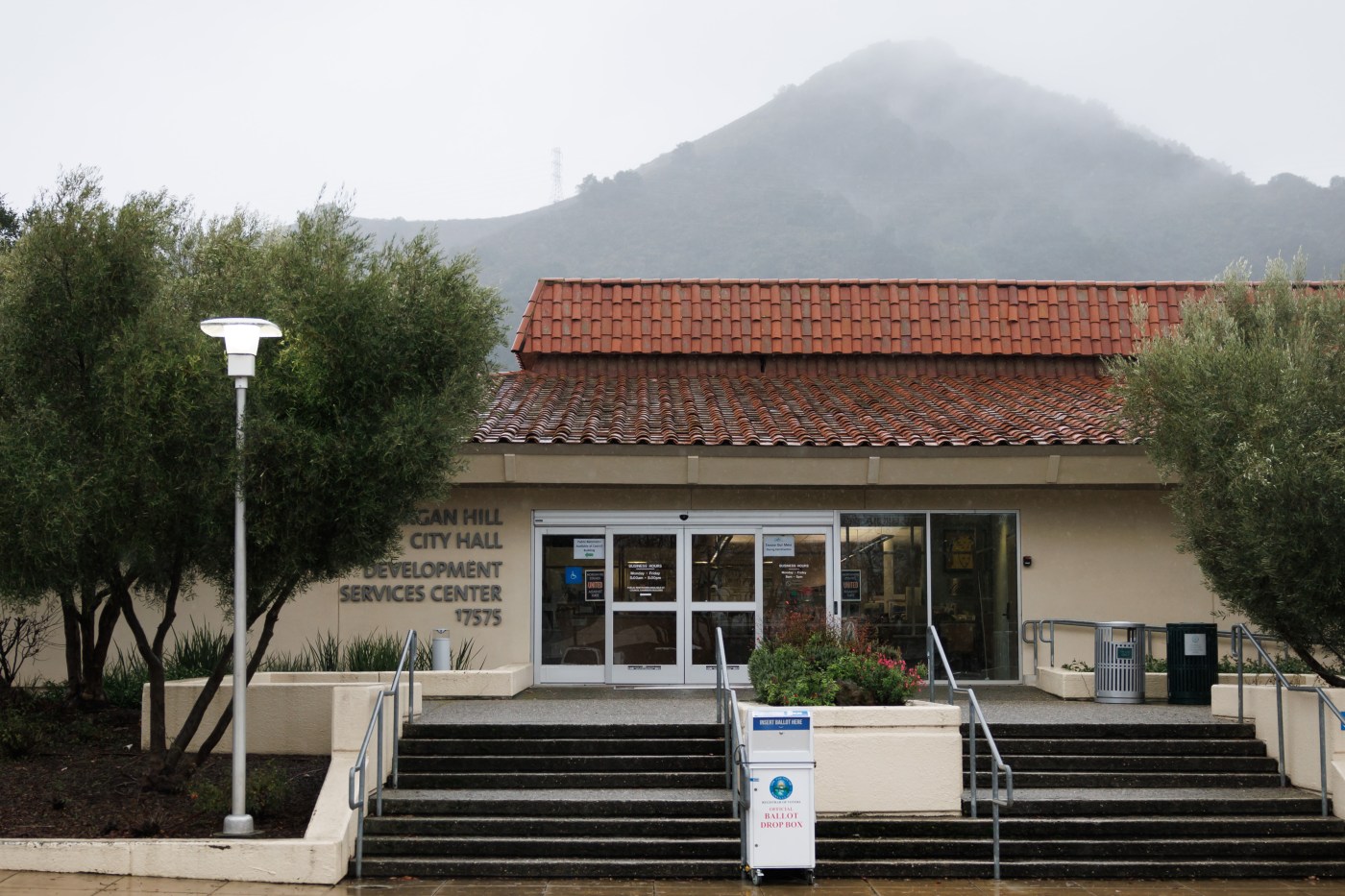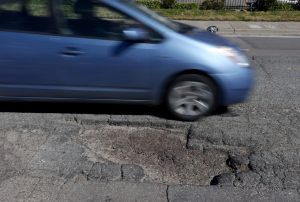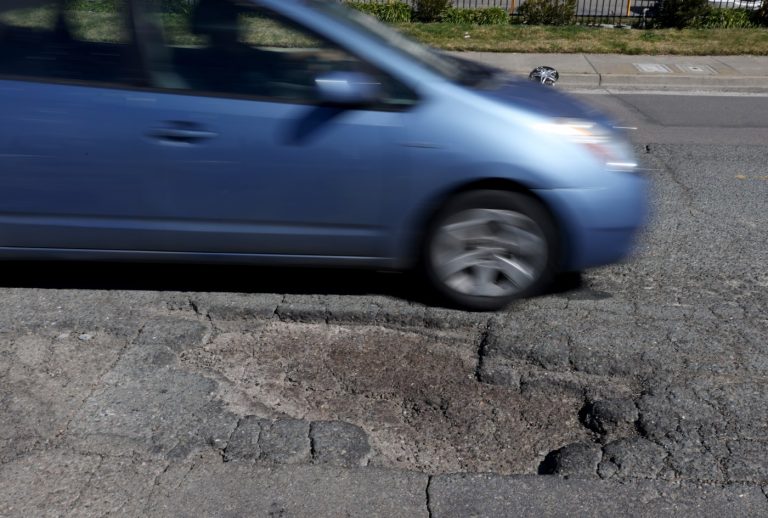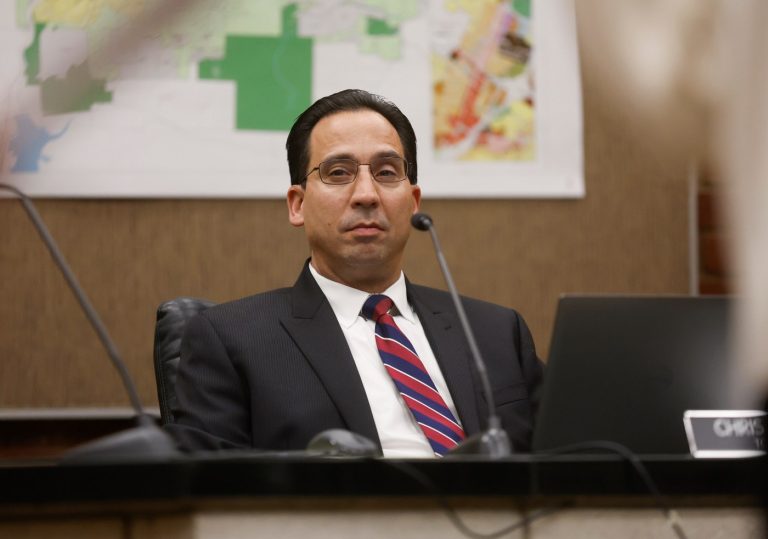Despite some worries over the cost to residents, Morgan Hill City Council voted Wednesday to raise wastewater rates by 9% in October, with additional hikes each of the following three years.
Under the plan, residents would be paying nearly 50 percent more than the current rates by 2028.
“This will hopefully allow us to operate and maintain the system to provide the services that the residents want,” said Dat Nguyen, finance director for the city of Morgan Hill. Nguyen stressed that the city was not allowed to charge more than it costs to maintain the system, and that the hike was necessary for the system to operate safely.
The climb in rates comes amid record inflation and increased costs of labor and supplies needed to safely maintain the aging wastewater system. Escalating costs of electricity and rising costs from South County Regional Wastewater Authority, which manages wastewater for Gilroy and Morgan Hill, also factored into the plan.
In addition to the hike in October, the plan sets rate increases every year until 2028, with a 9% jump again in July 2025, then 8% in July of the following three years, compounding to a nearly 50% increase in 2028 compared to current water rates.
Since the average single family residence currently pays $67.23 per month, that would rise to $100.64 through the July 2028 rate increase.
Councilmembers and at least one resident, who spoke out on behalf of some seniors, expressed worry about affordability.
“I understand the importance of the maintenance and infrastructure, but we ask that council consider the financial challenge that seniors face,” said resident Beverly Borbon, who represented her senior community at the meeting. “My community is … living on a fixed income. We … urge you to explore more fair and just billing options.”
“This is a big increase, and I know that people who are on fixed income, low income families .. this is going to be something that they’re going to have to weather,” said Councilmember Yvonne Martínez Beltrán. She asked city staff to look into more programs that might aid low income residents in paying their wastewater bills or offer discounted rates to those who might need increased water usage for medical reasons.
Currently, the city offers a subsidy program of $14.17 per month for low-income ratepayers, which would rise along with the increased rates to $21.21. However, even with the subsidy, residents could expect higher average bills in coming years.
“I think we do have programs in place that help. What I’d like the city to do is really … highlight those programs,” said Councilmember Rene Spring, asking for city staff to ensure residents were informed about available discounts. “Having been raised in a poor family, I know what it means when every dollar counts.”
In addition to the increase, the rates are also shifting more to fixed costs, meaning about 50% of bills would be dependent on the amount of water used by a customer, compared to around 60% in previous years.
After the discussion, the city council voted 4-0 in favor of the bill, with councilmember Marilyn Librers absent.
Low income residents who qualify for the discounted PG&E bill program can email or bring their discounted PG&E bill to Morgan Hill Utility Services & Billing to receive a discount on their wastewater rates.












